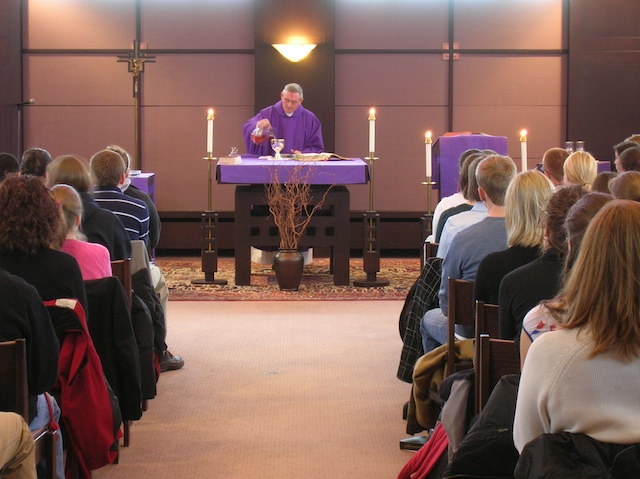The Fruitful Seed
March 29th, 2012 Posted in writing | Comments Off on The Fruitful SeedAt the start of his ministry, Jesus told the story of a farmer who went out to scatter seed in his field. Depending on the soil the seed landed on, there would eventually be a crop. In this story, Jesus was clearly identifying himself with the farmer.
At the end of his ministry, just before the Passion, Jesus said that the seed which has been sown must go into the ground and die in order to be fruitful. Now he was no longer identifying himself with the farmer; now he was identifying himself with the seed. He was saying that he had come to realize that only by surrendering his own life to his Father in complete trust would his life really bear fruit.
Next week is Holy Week, and Jesus’ words are good to remember as we come to the end of Lent. We may have planted seeds by giving up something or doing some virtuous acts during these last few weeks. We might even decide to keep doing some of these things after Lent.
But Jesus’ insight reminds us that our best gift to God, as we reach the end of Lent, is ourselves. If we can die to ourselves and surrender to God, then we can rest assured that our lives and our efforts will be truly fruitful.

